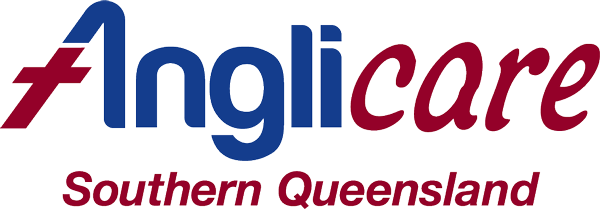R U OK?
Today is R U OK? Day; a yearly campaign to remind us about the importance of talking about our challenges and asking others if they’re okay. Designed by the R U OK? organisation, the day encourages people to stay connected and have conversations about their challenges.
We are encouraged to be aware of the emotional wellbeing of others all the time, but R U OK? Day brings it to the forefront. If you notice that someone seems to be struggling, don’t be afraid to start a conversation and encourage them to seek professional support. These simple acts of kindness could be lifesaving.
Anglicare Southern Queensland are dedicated to improving the mental health and wellbeing of Queenslanders. As an organisation that offers numerous counselling and social support services, we encourage everyone to be extra mindful of the emotions and behaviours of their friends, families, colleagues and strangers.
Signs to look out
Whether it’s yourself or someone else, there are several signs may indicate that someone is struggling. However, some people might be dealing with challenges and strong emotions while displaying no signs of distress. It is for this reason, that it’s so important to regularly check in with people.
Someone who might be struggling with their mental health could show signs of:
- Confusion and lack of concentration
- Extreme mood changes
- Wanting to avoid spending time with family and friends, or engaging in social activities
- Disinterest in activities they previously enjoyed
- A higher need to consume alcohol and/or other drugs
- Changes in eating habits (including decreased appetite)
- An inability to carry out daily tasks
- Changes in school or work performance
- Sleeping problems
- Increased worry and fear
- Suicidal thoughts.
How to ask someone R U OK?
There are many ways to ask somebody if they are okay. According to the R U OK? organisation, it’s important to approach people in a relaxed, friendly, and concerned manner. Asking simple questions like “how are you going?” or “what’s been happening?” can help initiate a conversation.
If people aren’t wanting to talk, it’s crucial not to criticise them. Instead, you might want to let them know that you’re concerned and let them know that you’re there for them.
Our counselling services
Anglicare Southern Queensland offers counselling services for families, couples, adults and children. Our compassionate approach and person-centred care allows us to tailor our programs to suit the needs of each client.
Our counselling services are deigned to support people who may be experiencing a broad range of challenges. They include:
Family and Relationship Counselling Services
This counselling service for adults, couples, families, children and young people, is designed to improve family relationships and wellbeing by providing tools, resources and advice on concerns that are impacting them.
Specialised Family Violence Service
This service assists vulnerable families affected by domestic and family violence within a child-focussed framework.
This group program is designed for men who have used violence and abuse against their partners, children or other family members. It assists them to cease these behaviours and create safety, respect and equal partnership in their relationships.
Assisting Mothers to End the Need for Drugs is a voluntary home-based relapse prevention and parenting program for pregnant and parenting women.
This counselling program provides assessment and education sessions to clients who are diverted by the courts or police for minor drug offences.
Youth in Charge is a voluntary counselling program for young people needing support to manage their use of alcohol or other drugs.
For support
For more information on Anglicare Southern Queensland’s counselling services, contact our intake line on 1300 610 610.
If you’re concerned about your own wellbeing or the wellbeing of someone else, please contact the Queensland Mental Health Access Line on 1300 642 255; or for urgent, or 24-hour support, please call 000 or contact Lifeline on 13 11 14 or Beyond Blue on 1300 22 4636.
You are not alone.









